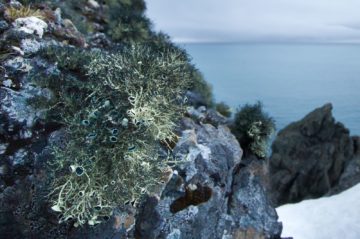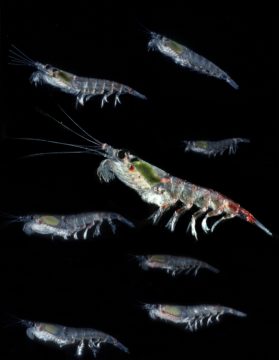Education

The post Inhibitory effects of climate change on the growth and extracellular enzyme activities of a widespread Antarctic soil fungus appeared first on British Antarctic Survey.
The post Analysis and attribution of climate change in the upper atmosphere from 1950 to 2015 simulated by WACCM-X appeared first on British Antarctic Survey.
The post Geothermal heat flow in Antarctica: current and future directions appeared first on British Antarctic Survey.
Aimed at leaders and practitioners in the fields of finance and business, this panel will explore the role of the finance industry – and sustainable finance in particular – in building zero carbon, equitable and sustainable economies post COVID-19.

Dr Alexander Forse, courtesy Department of Chemistry Photography Wednesday, October 14, 2020 The award of a Future Leaders Fellowship on electrochemical carbon dioxide capture, announced today, will help Dr Alex Forse meet his goal to develop materials that can reduce greenhouse gas emissions and tackle the global climate crisis. “This Future Leaders Fellowship will launch…
29 September 2020 – Biodiversity is increasingly recognised for its role in building resilience against climate change, in supporting communities and livelihoods, and for its essential role in underpinning society and the economy. The Capitals Coalition and Cambridge Conservation Initiative today launched guidance, developed with input from CISL, that will enable businesses and financial institutions…

